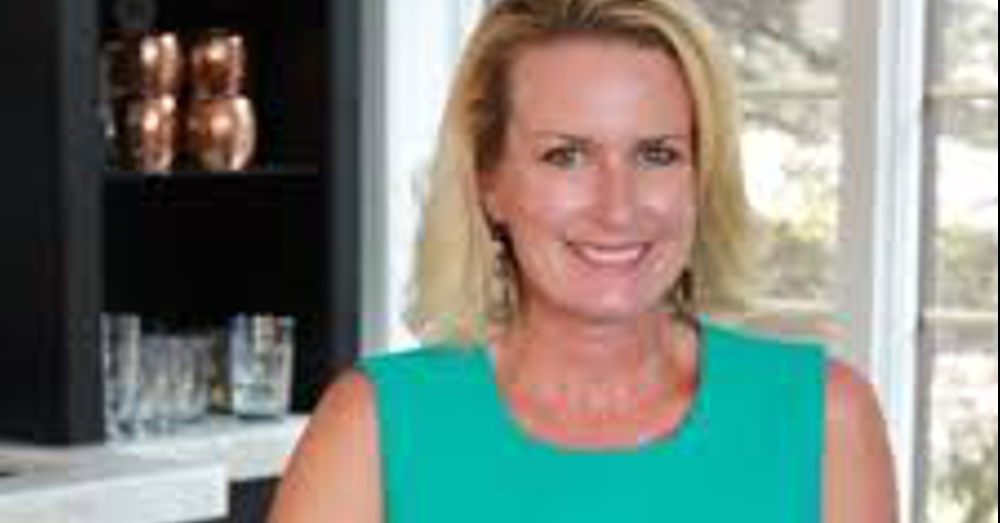
Julie Kelly Cooks Up Propaganda for the Agrichemical Industry
Julie Kelly is a food writer and cooking instructor who emerged in 2015 as a fierce advocate for the agrichemical industry, criticizing organic food, GMO labeling and science that raises concerns about pesticides. Her writing on these topics has appeared in the National Review, The Hill, Huffington Post, the Wall Street Journal and Forbes. She does not disclose her funding sources.
February 13, 2017 | Source: US Right to Know | by Stacy Malkan
Julie Kelly is a food writer and cooking instructor who emerged in 2015 as a fierce advocate for the agrichemical industry, criticizing organic food, GMO labeling and science that raises concerns about pesticides. Her writing on these topics has appeared in the National Review, The Hill, Huffington Post, the Wall Street Journal and Forbes. She does not disclose her funding sources.
Julie Kelly’s husband, John Kelly Jr., is a lobbyist for the agribusiness giant ADM, among other corporate clients including Blackstone and CVS; and government clients including DuPage County where Julie Kelly formerly worked as a policy consultant to county board chairman Dan Cronin.
Julie Kelly’s writings since 2015 have followed typical tobacco-industry style PR tactics deployed by the chemical industry — manufacturing doubt about science; attacking academics, reporters and transparency advocates; and calling for deregulation of polluting industries.
Kelly’s work includes:
Casting doubt on the science of climate change in the National Review
Calling on Congress to defund the International Agency for Research on Cancer, the World Health Organization’s cancer research arm, in The Hill.
• IARC has “been accused of stonewalling conflicts of interest and using shoddy science to promote a politically motivated agenda,” Kelly wrote.
• One of the “most controversial” examples of IARC’s “cancer collusion,” according to Kelly, is the group’s 2015 report designating glyphosate as a probable human carcinogen.
• IARC has noted publicly that it and its scientists have faced intimidation tactics, including broad subpoenas by Monsanto lawyers, as well as a “pattern of consistent but misleading reports about the IARC Monographs Programme in some sections of the media, beginning after glyphosate was classified as probably carcinogenic to humans.”
